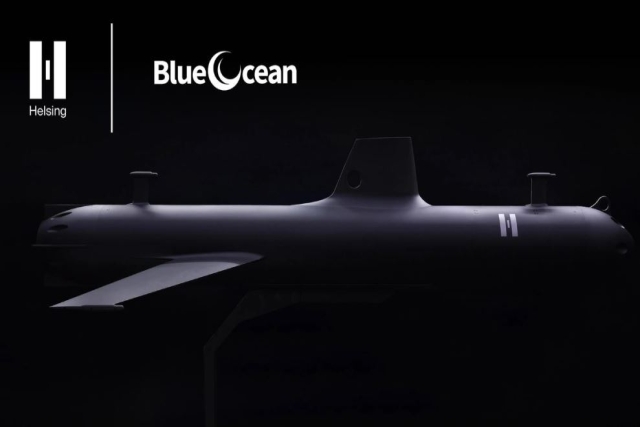Northrop Grumman Advances B-2 Satellite Communication System
Northrop Grumman announced the risks and cost reduction plans associated with production of an extremely high frequency satellite communications system for the U.S. Air Force´s B-2 stealth bomber.
In a demonstration conducted May 23, Northrop Grumman said it proved that a new active electronically scanned array antenna it has developed for the B-2 can establish and maintain communications services with an on-orbit Air Force Advanced EHF communications satellite.
Northrop Grumman is the U.S. Air Force´s prime contractor for the B-2, the flagship of the U.S.´s long range strike arsenal. An EHF satellite communications system would allow the B-2 to send and receive battlefield information significantly faster than its current satellite communications system.
The new antenna is designed to support both tactical and strategic missions. Its innovative “no radome” design allows it to bring new communications capabilities to the B-2 while maintaining the aircraft´s major operational characteristics.
Earlier this year, Northrop Grumman validated the performance of the new antenna on instrumented test ranges. The tests verified the antenna´s performance over its entire transmit and receive frequency band, and over its required range of scan angles.
The B-2 can fly more than 6,000 nautical miles unrefueled and more than 10,000 nautical miles with just one aerial refueling, giving it the ability to reach any point on the globe within hours.









